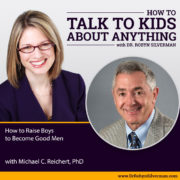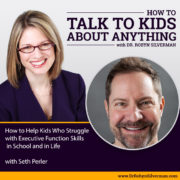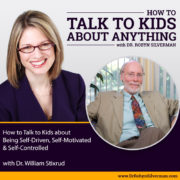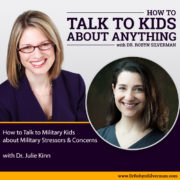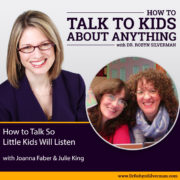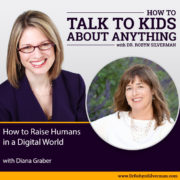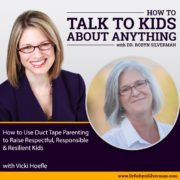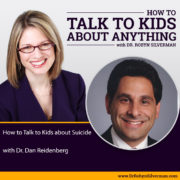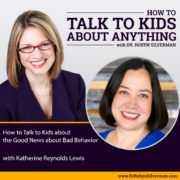How to Raise Boys to Become Good Men with Michael Reichert, Phd
Special guest: Michael Reichert, PhD. We’ve talked quite a bit about girls on this show—and how many things are changing for girls due to the momentum of the women’s movement. But what about the boys? How do you raise boys to become great men? How do we raise boys to feel connected to himself and feel connected to others? For many of our sons, while the world of girls seems to be expanding, the world of boys seems often to be contracting—restricting who boys can be in society’s where masculinity and all its attributes, fits in one tightly guarded box—the man box. Our next guest feels that this is a loss- it’s a loss for us and it’s a loss for the boys. He asks; what can be done to ameliorate the loses of boyhood? How can we protect the boys in our care from threats built into boyhood? How can we ensure that our sons are well prepared for and well launched to manhood? The answer has to do with connection—something that our boys are losing—and at an early age. And our guest feels that we have an opportunity, right now, to change things around and help boys do boyhood right.
Michael Reichert writes, in his new book, “How to Raise a Boy” that boys are really in need of something that seems to counter the toughness and the independence touted by the man box—and that is “a relationship in which a boy can tell that he matters … A young man’s self confidence is not accidental or serendipitous but derives from experiences of being accurately understood, loved, and supported.”
Michael Reichert is an applied and research psychologist who has immersed himself in clinical, research, and consultation experiences that have afforded a deep understanding of the conditions that allow a child to flourish in natural contexts: families, schools and communities. He has created and run programs in both inner city communities and in some of the most affluent suburban communities in the world. He founded and continues to lead The Center for the Study of Boys’ and Girls’ Lives a research collaborative at the University of Pennsylvania and has conducted a series of global studies on effective practices in boys’ education. Since 1984, Dr. Reichert has maintained a clinical practice outside Philadelphia, PA., specializing in work with boys, men and their families and continues to serve as the supervising psychologist at a nearby boys’ school. He has published numerous articles and several books, including Reaching Boys, Teaching Boys: Lessons About What Works—and Why, I Can Learn From You: Boys as Relational Learners, and the just-released How to Raise a Boy: The Power of Connection to Build Good Men.

